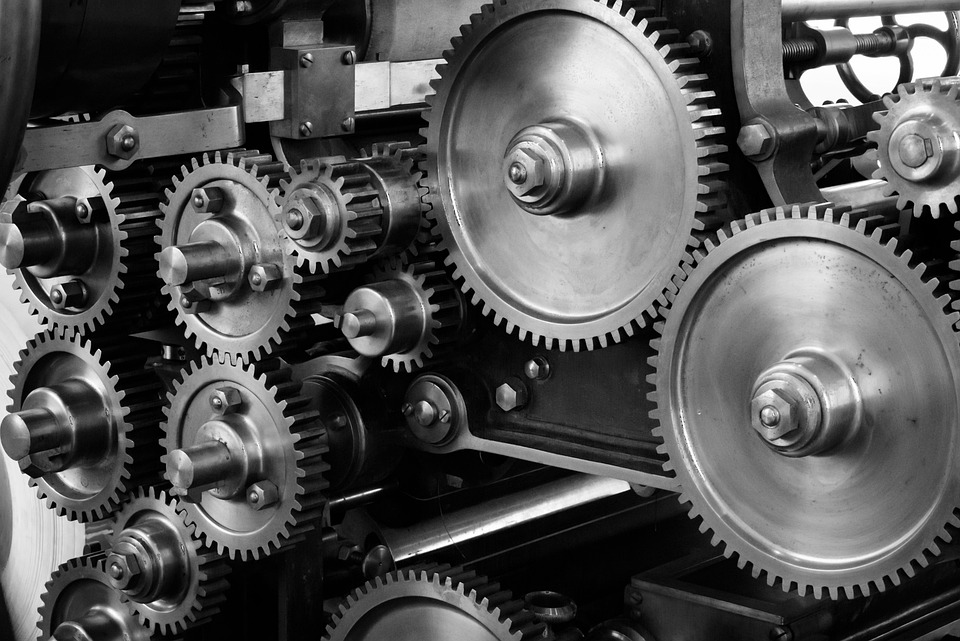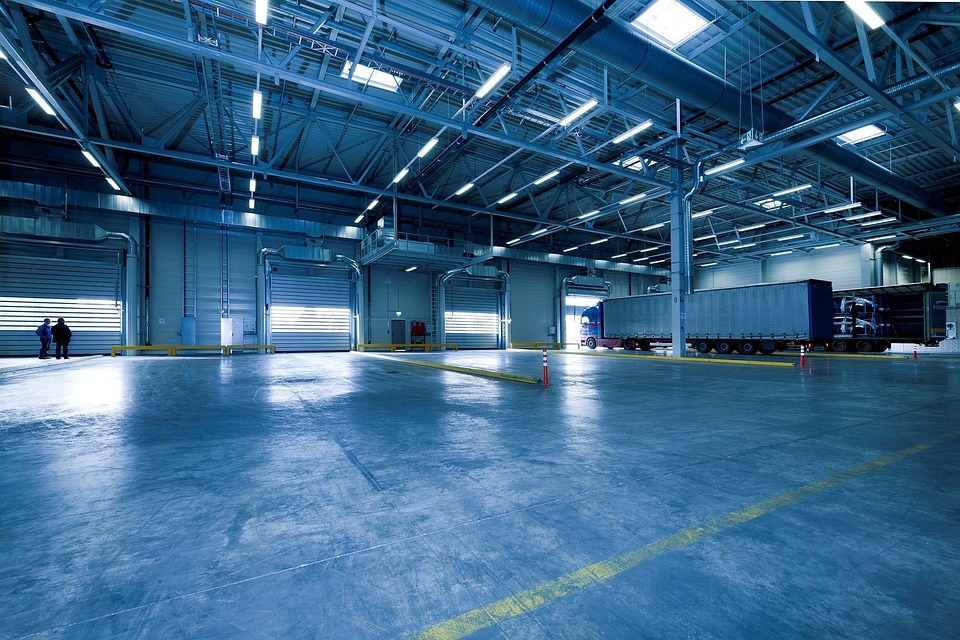China is one of the important suppliers of gear products to Brazil, and the scale of exports has been growing steadily in recent years. In 2023, Chinas exports of gears and transmission parts to Brazil reached US$480 million, an increase of about 12% year-on-year. Among them, industrial gearboxes (accounting for 35%), automotive transmission gears (accounting for 28%), and agricultural machinery gears (accounting for 20%) are the main export products. Lets talk about the key points of my countrys gear exports to Brazil.
Market Environment
- Brazils industrialization needs:The rapid development of industries such as automobile manufacturing, mining equipment, and agricultural machinery has driven the demand for gears.
- Cost Advantage: Chinese gears have high cost performance and short delivery cycle (average 30-45 days), making them more competitive than European and American products.
- Policy support:China and Pakistan have strengthened cooperation under the framework of the Belt and Road Initiative, and logistics and trade facilitation measures have been gradually implemented.

Required Documents
1. Basic files
- commercial invoice(Commercial Invoice): The material, specification, unit price and total price of the gears must be indicated, and a Portuguese translation must be attached.
- Packing List(Packing List): List the net weight, gross weight and volume of each box of goods, which should be consistent with the invoice information.
- Bill of Lading(Bill of Lading): The consignee information and Brazilian tax number (CPF/CNPJ) must be clearly stated.
2. Special files
- Certificate of Origin(CO): Issued by CCPIT or Customs to enjoy Brazils most-favored-nation tariff rate.
- INMETRO certification:Some industrial gears need to provide certification from the Brazilian National Institute of Metrology, Quality and Technology.
- Consular Authentication: Some documents need to be authenticated by the Brazilian Consulate in China, which takes about 7-10 days.
Regulatory and certification requirements
1. Technical standards and certification
- INMETRO certification
- Scope of application: automotive transmission gears, industrial gearboxes and other products involving public safety.
- Certification process: submit technical documents → laboratory testing (such as wear resistance, accuracy) → factory audit → obtain certification.
- Certification period: about 3-6 months, cost 15,000-30,000 US dollars.
- Environmental requirements: Gear lubricants must comply with the environmental standards of Brazils ANP (National Petroleum Administration).
2. Customs compliance requirements
- NCM Coding:Brazilian customs adopts NCM code (Common Market of the South).
- Anti-dumping risks:Brazil has imposed anti-dumping duties on some Chinese steel products, and it is necessary to ensure that the source of gear raw materials is compliant.

Packaging and labeling requirements
1. Packaging specifications
- Anti-rust treatment: The gears need to be coated with anti-rust oil and wrapped with vacuum film or moisture-proof paper.
- Earthquake-resistant design: The wooden box is filled with foam or bubble film, and a single piece weighing more than 50kg must be marked as heavy cargo.
- Environmentally friendly materials:Brazil implements ISPM 15 standard for wooden packaging, which requires fumigation treatment mark to be affixed.
2. Labeling requirements
- Portuguese Label: Must include product name, model, manufacturer information and “Made in China” (Feito na China).
- Safety Warning: Icons such as avoid impact and moisture-proof must comply with the Brazilian ABNT standards.
- Certification Mark: Products that have passed INMETRO certification must be marked with the INMETRO logo.
Efficient customs clearance strategy
1. Logistics optimization plan
- Choose an efficient route:Direct flights from Shanghai/Ningbo Port to Santos Port in Brazil take about 35 days, and transit routes add 7-10 days.
- Multimodal transport: After the goods arrive at the port, they are transported inland via Brazilian railways (such as Ferrovia Centro-Atlantica), saving 20% ??of the time compared to pure land transportation.
- Pre-clearance service: Cooperate with DHL and FedEx to submit documents in advance and realize “pick up the goods upon arrival”.
2. Tariff cost control
- Reasonable declared value:Declare according to FOB price (excluding international freight) to avoid raising the tariff base due to CIF price.
- Leveraging free trade agreements:Brazil is a member of the Southern Common Market (MERCOSUR) and can enjoy tariff preferences within the region through regional value chain layout (such as setting up assembly plants in Argentina).
- Apply for tariff suspension: Companies that qualify for Brazil’s “Export Processing Zone” (ZPE) policy can delay paying import taxes.
3. Supply chain collaboration
- Localized warehousing: Set up bonded warehouses in Sao Paulo or Rio de Janeiro to achieve rapid distribution.
- Cooperate with Brazilian agents:Entrust local customs clearance experts to handle tax disputes and reduce compliance risks.

Conclusion
The export potential of Chinese gears to Brazil is huge, but the company needs to accurately deal with technical barriers and logistics challenges.
- Strengthening certification compliance: Prioritize passing INMETRO certification to open up the high-end market.
- Refined logistics management:Combining multimodal transport and pre-clearance services to improve efficiency.
- Make good use of policy dividends: Reduce costs through regional free trade agreements and tax incentives.
In the future, as China and Pakistan deepen their cooperation in the field of new energy equipment, products such as high-precision wind turbine gears and electric vehicle transmission systems may become new growth points.


 Follow Customer Service WeChat
Follow Customer Service WeChat